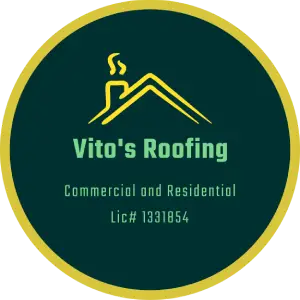EPDM vs TPO Roof: Which One Reigns Supreme?
•
Written By
Vito's Roofing LLC
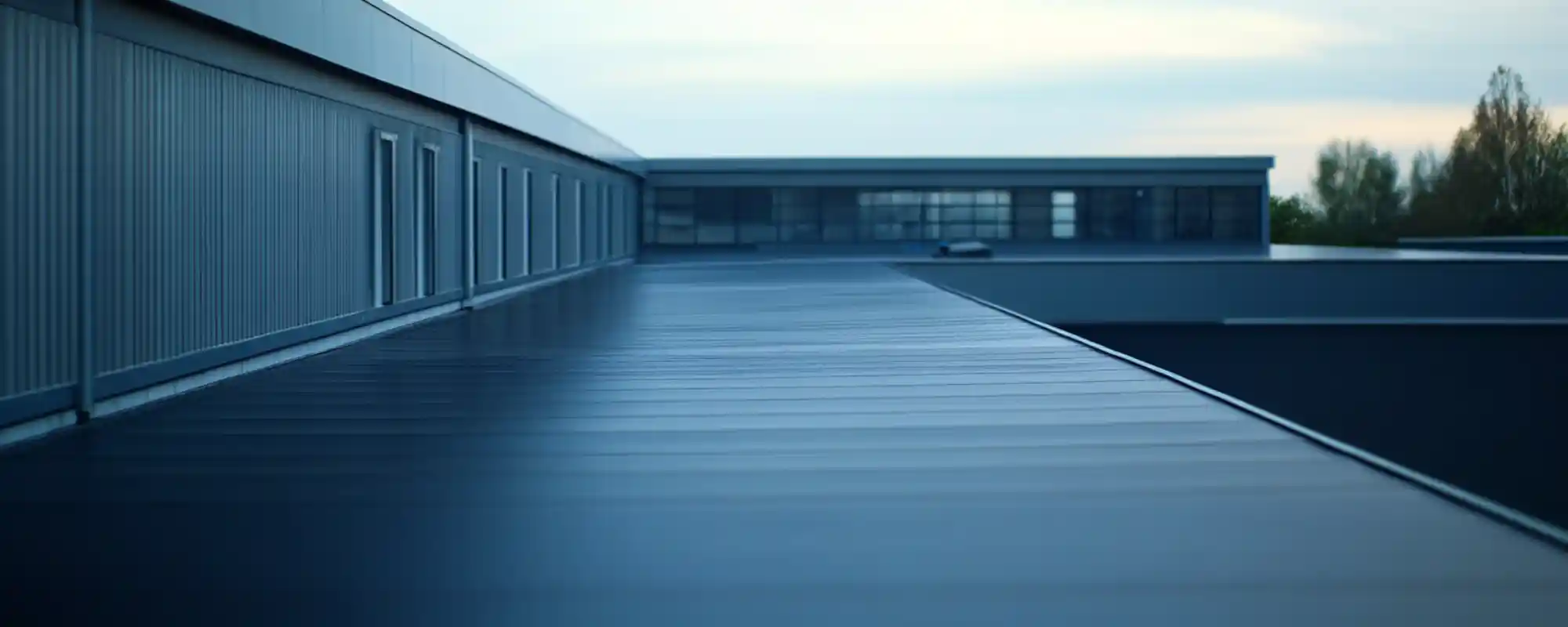
When it comes to flat or low-slope roofing systems, two materials stand out as popular choices: EPDM (Ethylene Propylene Diene Monomer) and TPO (Thermoplastic Polyolefin). Both offer unique advantages and drawbacks, making the decision between them a crucial one for homeowners and commercial property owners alike. In this comprehensive guide, we'll dive deep into the battle of EPDM vs TPO roof, exploring their key differences, pros, and cons to help you make an informed choice.
Understanding EPDM Roofing
EPDM is a synthetic rubber roofing membrane that has been a staple in the roofing industry for decades. Known for its durability and weather resistance, EPDM roofs are designed to withstand harsh environmental conditions, including UV radiation, ozone, and extreme temperatures.
Pros of EPDM Roofing:
- Longevity: With proper installation and maintenance, EPDM roofs can last up to 30 years or more.
- Cost-effective: EPDM roofing is generally less expensive than TPO, making it an attractive option for budget-conscious homeowners and businesses.
- Flexibility: EPDM membranes are highly flexible, allowing them to accommodate building movement and settle without cracking or splitting.
- Resistance to Weathering: EPDM is resistant to ozone, UV radiation, and extreme temperatures, ensuring long-lasting performance.
Cons of EPDM Roofing:
- Seam Integrity: Proper installation and sealing of seams are crucial to prevent potential leaks or failure points in EPDM roofs.
- Maintenance Requirements: Regular maintenance, such as cleaning and inspecting seams, is necessary to ensure the longevity of EPDM roofs.
- Aesthetics: EPDM roofs have a black or dark gray appearance, which may not be visually appealing to some homeowners or businesses.
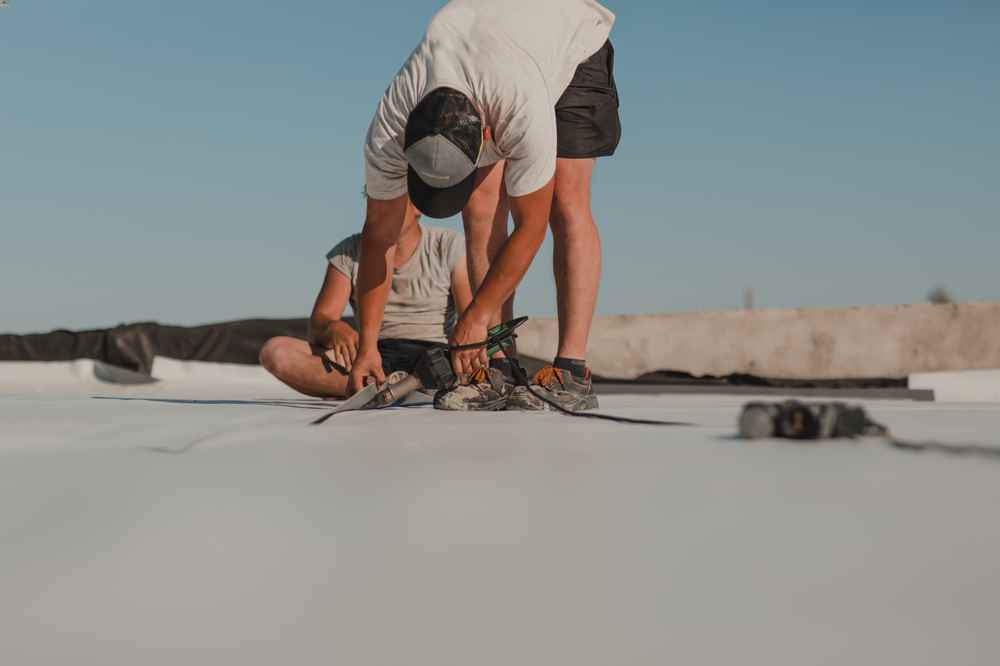
Exploring TPO Roofing
TPO is a relatively newer roofing material that has gained popularity in recent years due to its energy efficiency, reflective properties, and ease of installation. TPO membranes are made from a blend of polypropylene and ethylene-propylene rubber, offering a unique combination of durability and flexibility.
Pros of TPO Roofing:
- Energy Efficiency: TPO roofs are highly reflective, helping to reduce cooling costs and energy consumption.
- Lightweight: TPO membranes are lightweight, making them easier to install and reducing the overall load on the building structure.
- Heat Welded Seams: TPO roofs feature heat-welded seams, which create a strong, watertight bond by fusing the membrane together, reducing the risk of leaks.
- Versatility: TPO roofing systems are available in various colors, allowing for aesthetic customization.
Cons of TPO Roofing:
- Shorter Lifespan: While TPO roofs can last up to 20-30 years, they may have a shorter lifespan compared to EPDM roofs.
- Higher Initial Cost: TPO roofing systems tend to be more expensive than EPDM, particularly for larger projects.
- Potential Shrinkage: TPO membranes can shrink over time, which may require periodic adjustments or replacements.
- Chemical Resistance: TPO roofs may be susceptible to damage from certain chemicals, oils, and solvents.
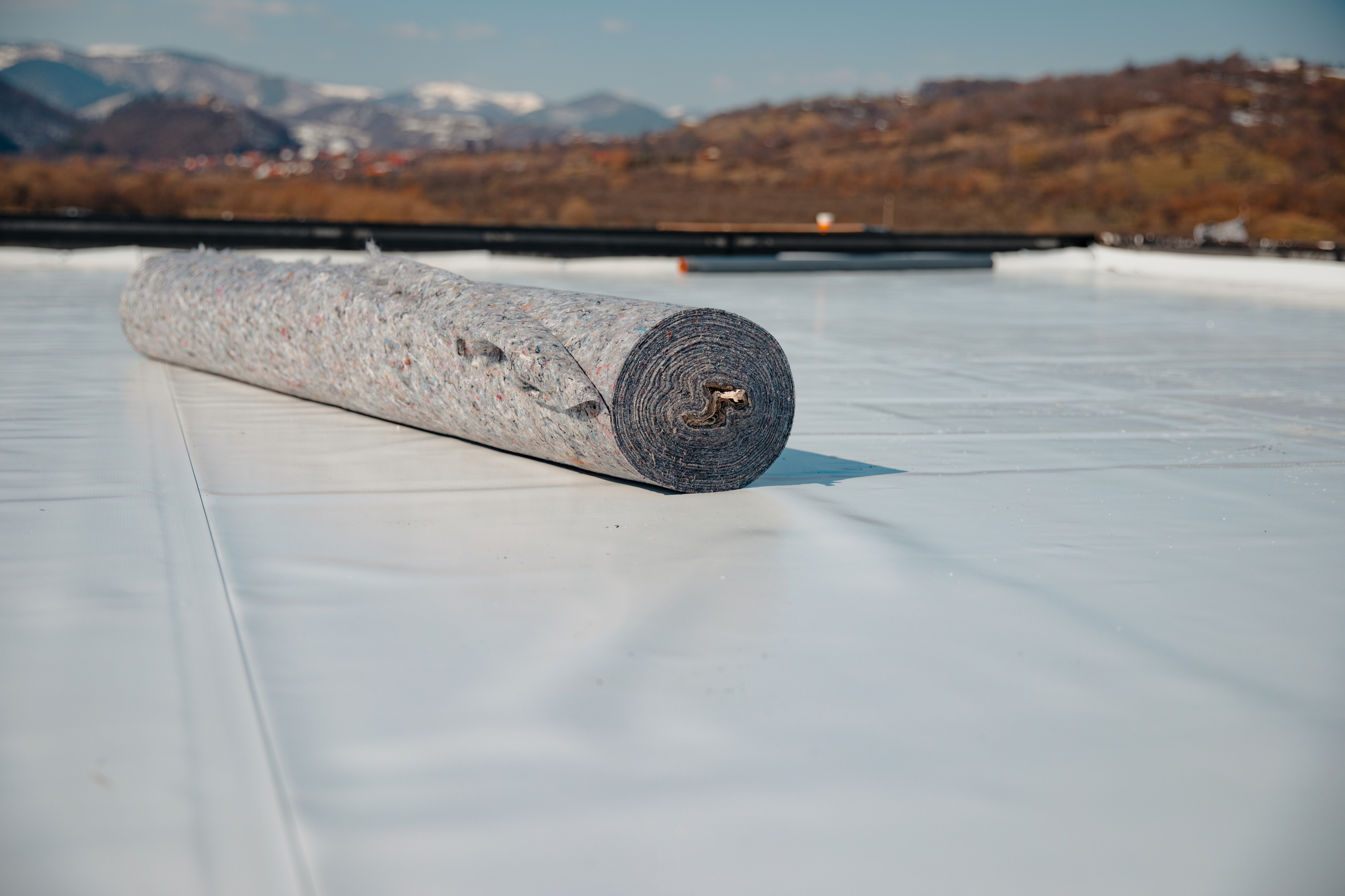
Making the Right Choice
When deciding between EPDM and TPO roofing systems, it's essential to consider factors such as your budget, energy efficiency goals, aesthetic preferences, and the specific climate conditions in your area. Both materials offer unique advantages and drawbacks, and the choice ultimately depends on your priorities and project requirements.
At Vito's Roofing LLC, our experienced professionals are well-versed in both EPDM and TPO roofing systems. We can guide you through the decision-making process, taking into account your specific needs and providing expert recommendations tailored to your project. Trust us to help you navigate the EPDM vs TPO roof dilemma and ensure a long-lasting, high-performance roofing solution for your home or business. Contact us today to schedule a consultation and take the first step towards your ideal roofing solution.
Recent Articles
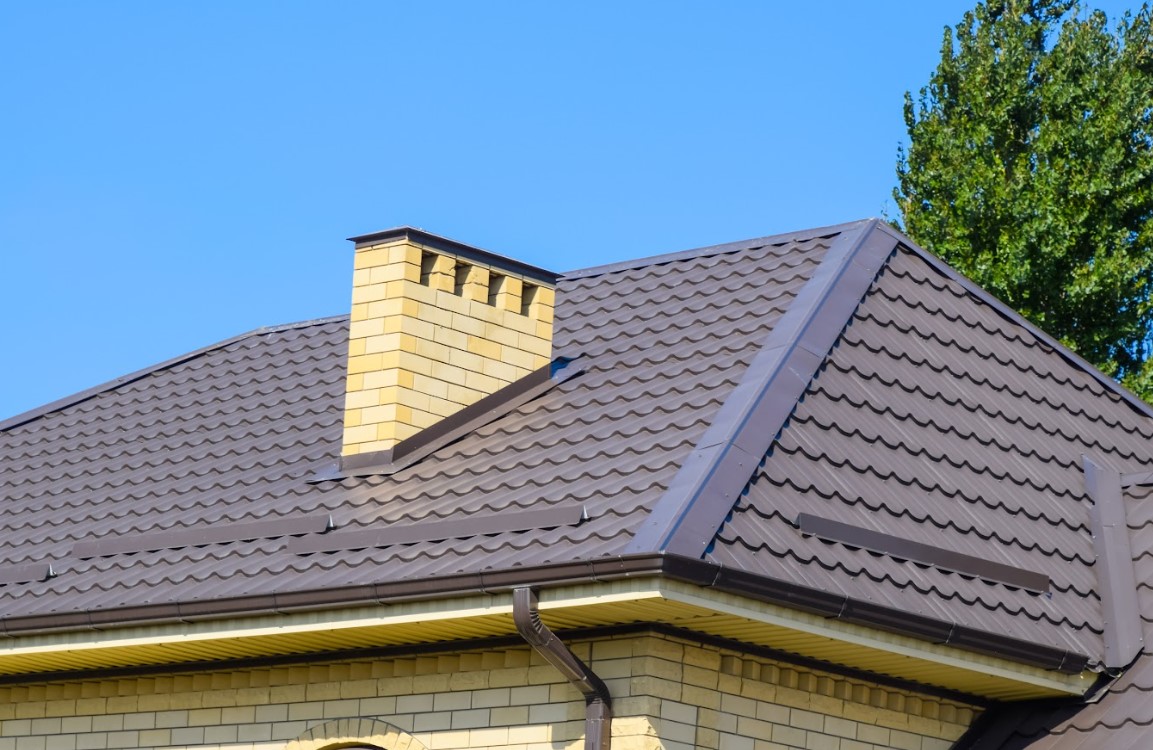
Residential Roofing
Protect Your Investment: Why Metal Roofs Are a Long-Term Solution
Discover the lasting value of metal roofs and why they’re the ultimate long-term solution for Florida homes and businesses. Learn about metal roofing benefits, including durability and energy efficiency.
February 19, 2026

Residential Roofing
Emergency Roof Repair in Ocala, FL: Fast Leak Response When Minutes Matter
Discover how Vito’s Roofing LLC handles emergency roof repair with fast, reliable service across Central Florida. Our leak response service and 24-hour roofing team act quickly to protect your home.
February 12, 2026
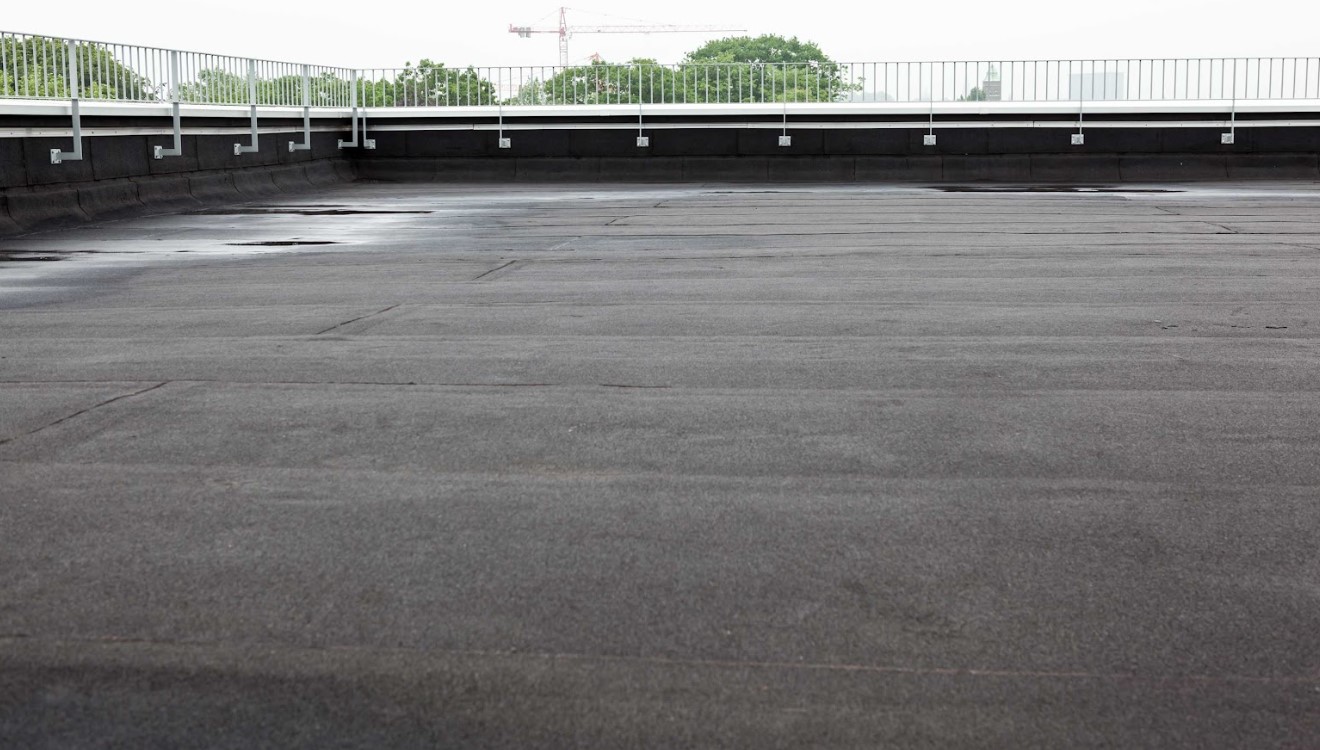
Commercial Roofing
Commercial Roof Budgeting Tips for 2026
Plan smarter for 2026 with expert commercial roof planning. Learn maintenance budgeting strategies and roof lifecycle cost tips from Vito’s Roofing LLC.
February 6, 2026
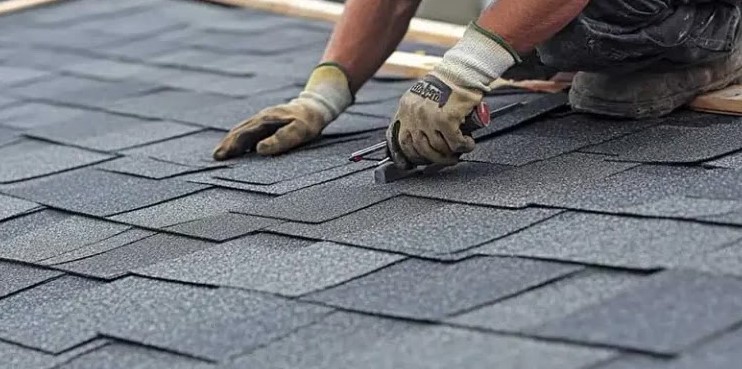
Residential Roofing
Year-End Roof Maintenance Checklist for Florida Homeowners
Keep your Florida roof in top shape with this year-end roof maintenance checklist. Learn essential winter roof prep and roof cleaning tips from Vito’s Roofing LLC.
February 2, 2026
